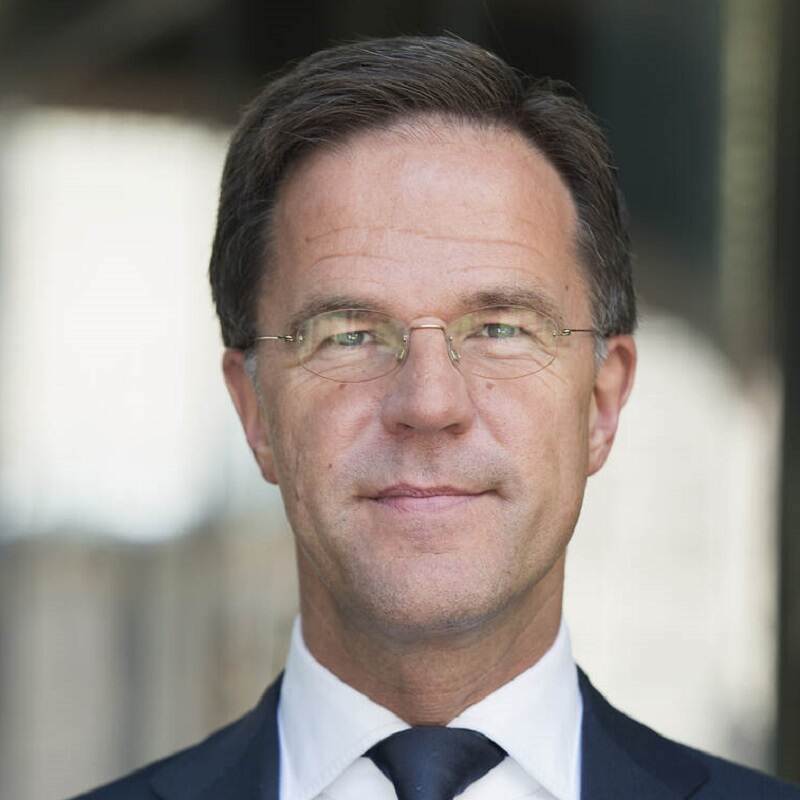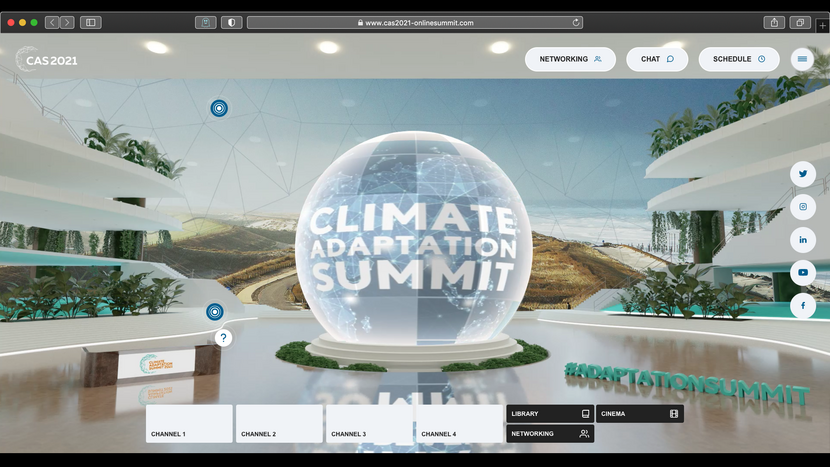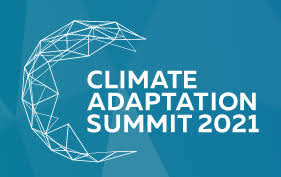“Investing in adaptation is smart economics”
Climate change is one of the greatest threats to humanity with far-reaching and devastating impacts on people, the environment and the economy. Climate shocks are currently occurring, intersecting with and exacerbating the extraordinary effects of the COVID-19 pandemic. We need to adapt simultaneously to both a new global health landscape and new, more extreme circumstances. The online Climate Adaptation Summit (CAS) 2021 outlined how we can do that.
“None of us can escape the consequences of climate change. None of us can turn a blind eye to what is happening now, and what will happen in the future. We all have a responsibility to tackle the causes of climate change and to adapt to its impact. All of us – together. Now we must take climate adaptation to the next level.” – Mr. Mark Rutte, Prime Minister of the Netherlands

The International CAS 2021 was hosted by the Netherlands on 25-26 January 2021. More than 30 world leaders, 50 ministers and 50 international organisations gathered together with scientists, the private sector, civil society, youth representatives and over 18.500 registered participants at the Climate Adaptation Summit (CAS). They joined forces in 27 different sessions to share knowledge, create action and drive the agenda toward a climate resilient future in 2030.
Over the course of 24 hours 300 speakers shared their insights and plans, partners from around the world contributed 160 side events to CAS 2021, streamed entirely online. Time zones across the globe have provided inspiration for change and leveraged support for tangible solutions to the problems of a warming world, showing how we can achieve a climate-resilient future and build forward better.
The Adaptation Action Agenda 2030:
The Summit formed the Adaptation Action Agenda 2030, serving as a guide for accelerating adaptation action in the years to come. Investing in adaptation is smart economics. It is an organising framework designed to help adaptation efforts and promote wide-ranging new responses to building climate resilience across the breadth of society, the economy and the environment. Dozens of different multi-stakeholder initiatives for measures to deliver the Adaptation Action Agenda are being launched and taken forward with the CAS 2021 to inspire further ideas and initiatives under the Agenda in the coming months and years. The Agenda also builds on wide international collaboration.
The Adaptation Action Agenda for a transformation decade of action:
We need more action – there is a lack of international climate finance for adaptation, and there is also a clear shortfall in adaptation action around the world, as highlighted by the UN Environment Programmes Adaptation Gap Report.1
The Adaptation Action Agenda calls on all actors and sectors of society to come up with new plans and measures for action, including multi-stakeholder initiatives under this Agenda.
We need more integration – climate adaptation will never lead to a resilient society if climate resilience itself does not become the new normal for life, economy and approaches to managing the environment. The Adaptation Action Agenda provides an interface with the 2030 Sustainable Development Agenda (SDGs) and supports resilience actions in all sectors for a comprehensive response.
We need more partnership – society needs to reinvent itself in order to emerge climate-resilient. Conventional, isolated and siloed approaches are certain to fall short. For this reason, the Adaptation Action Agenda calls for leveraging of North- South, South-South and triangular efforts, and supports multi-stakeholder initiatives that combine the forces of public, private, local, national, regional and international actors alike.
We need more innovation – as we enter new frontiers with the climate, globalisation dynamics, rapid environmental decline, and a digital revolution, we must also accelerate the pace of adaptation knowledge and practice exchange, and embrace innovations. That is why the Adaptation Action Agenda will be underpinned by an advanced State & Trends in Adaptation Knowledge Exchange (STAKE) and will be informed each year by a State & Trends in Adaptation flagship report.
We need more funding – Finance is a crucial factor in adjustment efforts and with the fallout from COVID-19, we need to protect finance as a critical enabler of adaptation efforts and leverage economic stimulus to accelerate adaptation. It is for this reason that the Adaptation Action Agenda has a strong focus on finance and economy to help governments and all actors make the links between the adaptation agenda and public finances, for both response and recovery, and in the longer-term.
We need more equity – to prevent from worsening the disproportionate impact on the most vulnerable and least responsible or equipped, from refugees to persons with disabilities, women and girls, especially as the COVID-19 pandemic has amplified the roots of inequality. That is why the Adaptation Action Agenda is designed to act as support for the SDGs and as a response through locally led actions and measures in the areas of food, water, health, and others towards last-mile resilience results for the most vulnerable.
The Summit demonstrated leadership and commitment to a bolder and more integrated global response to overcome the immense challenges of climate change while responding to and recovering from the COVID-19 pandemic. Adaptation has never been more important.

Anna Popper
Source: Diplomatic Magazine














